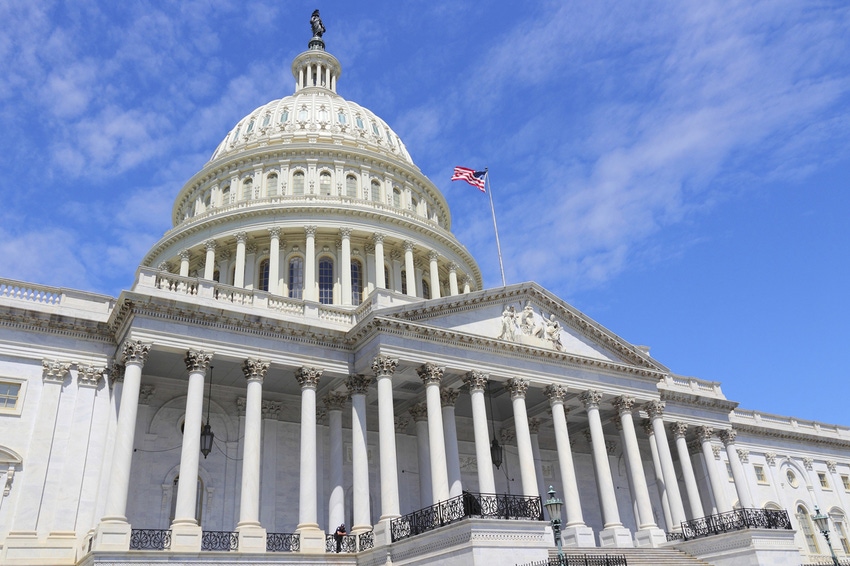Ag policy recap for 2019
Trade, immigration, fake meat and ethanol top policy talk for the last year in agriculture.

When it comes to policy, trade was the predominant headline affecting agriculture in 2019. Thankfully for producers, some significant progress was made on that front heading into 2020, but other significant headlines not to be overlooked include the House advancing its solution to the agricultural labor problem, more actions from states on "fake meat" labeling and the ongoing struggle of the ethanol industry.
USMCA: After months of waiting and more than a year since it was signed, the fate of the U.S.-Mexico-Canada Agreement (USMCA) is in the final stretch. The House passed USMCA ahead of leaving for its Christmas recess, and Senate Finance Committee chairman Chuck Grassley (R., Iowa) announced that a markup of the bill will be Jan. 7 in the Senate. The bill received overwhelming support in the House, with 385 votes in favor of the trade pact.
China: Regarding the on-again/off-again trade feud with China, we reported in mid-December that a phase one trade deal had been reached with China that would result in $40 billion in additional agricultural purchases. Shanghai, China-based consultancy JCI estimates that China can buy a total of roughly $41.3 billion worth of U.S. farm products annually, including around $18.7 billion -- or 45 million metric tons -- of soybeans. JCI expects another $2.1 billion to come from 1 mmt of frozen pork and offal imports, while sorghum, corn and distillers grains imports will reach about $1.8 billion each.
Japan: In many ways seen as a short-term win, a quick deal with Japan that included agricultural goods helped put U.S. producers on a level playing field after being left out of the Trans-Pacific Partnership deal. Here’s a recap of our initial coverage, "Ag groups welcome Japan deal," as well as an overview of how the "Japan deal sets a poor precedent."
Trade aid: This spring, with the rainy start to the growing season, the U.S. Department of Agriculture announced another round of trade aid for U.S. producers. While government payments offer saving grace for farm income, they may actually create further headaches for U.S. farmers as President Donald Trump’s trade aid is criticized at the World Trade Organization.
Ag labor: The last time Congress made a significant attempt to fix the broken agricultural labor system was in 2013. This fall, an agricultural immigration bill advanced out of the House, yet it remains unknown who will champion a similar effort in the Senate. It did find some bipartisan support. However, the American Farm Bureau Federation did not support the final package, and the Administration has said it cannot support an amnesty program for current farmworkers.
Fake meat: The fight over state "fake meat" labeling laws continued as states tried to lay down laws on how to prevent consumer confusion as well as establish a level playing field for livestock producers. In May, USDA's Food Safety & Inspection Service and FDA announced that they will jointly oversee cell-based meat products, and a recently introduced bill ensures shared FDA-USDA oversight of lab-grown meat.
Ethanol: Ethanol plant idling has had a ripple effect in rural economies, but hopes were renewed when Trump finalized a biofuel deal that promises a minimum 15 billion gal. Renewable Fuel Standard (RFS) mandate. Biofuel supporters say the RFS falls short in the final rule proposed at the end of December, but the RFS deal may not offer saving grace.
About the Author(s)
You May Also Like




.png?width=300&auto=webp&quality=80&disable=upscale)
